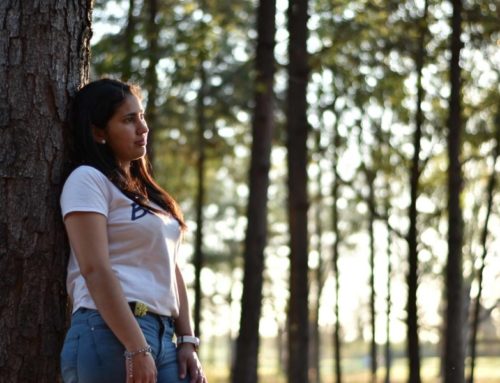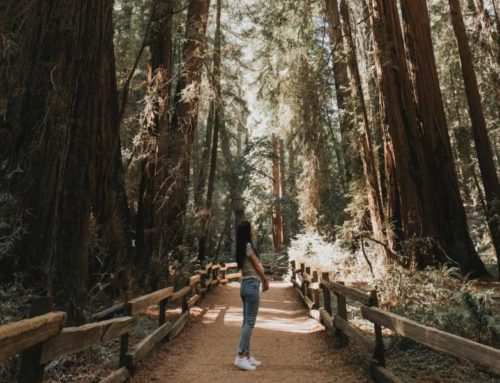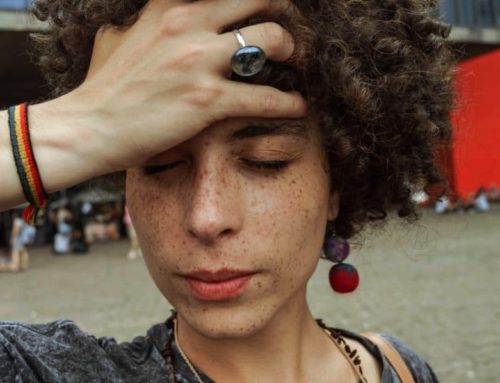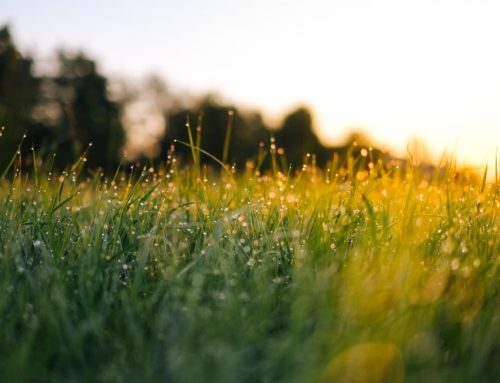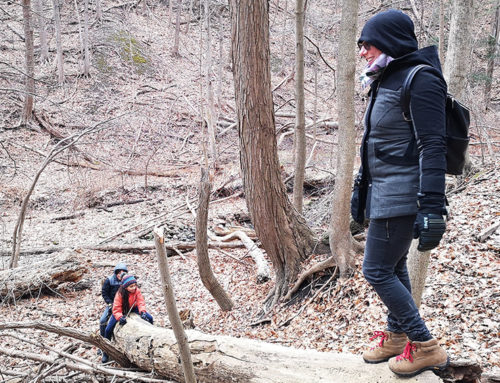I’m not talking about marijuana or the TV show it was named after. The weeds I feel deserve accolades are the plants growing in the cracks in the sidewalk – the most forgotten or despised or ignored of all the plants.
Some people spend lots of time and energy spraying weeds with chemicals or yanking them out by the roots. I prefer to nurture their presence, admire them for their beauty, and harvest them for food and medicine.
Why do I love weeds? Let me count the ways.
Weeds are resilient
Weeds represent great strength and perseverance, even in the face of adversity. They can teach us a lot about these qualities and how to embody them ourselves. They are specialists at thriving in poor soil or inadequate growing conditions. They are versatile and adaptable. Weeds are excellent at growing quickly to out-compete neighbouring plants. They have developed skills at prolifically spreading their roots and seeds. And if you’ve ever tried to dig up a tap root, you’ll know that you almost certainly left just enough in the ground to ensure that the plant will come back again next year.
Weeds are local and free
If you can’t beat them, eat them. Even closer than the 100 mile diet, weeds are ready for picking in your backyard. You’ll find edible weeds everywhere once you learn how to recognize them. Turn garlic mustard and stinging nettles into a delicious pesto, make lamb’s quarters soup, or try cooking with purslane or wood sorrel.
They’re sustainable
Anyone who’s tried to eradicate the dandelion in their yard knows that it’s basically impossible. Weeds are among the most sustainable foods and medicines we have. Picking them helps control invasive species and make space for native plants to re-establish themselves.
Weeds are grassroots, literally
Weeds are a great way to take control of your own health, from the ground up. This quality of bushcrafting and plant medicine is what led me to begin working with herbs in the first place. When I was in my teens and early twenties, I found my way to herbal medicine by way of the DIY movement and social activism around food security and healthcare access. Weeds are everywhere and can be available and accessible to everyone. Weeds are democratic.
They are anti-capitalist
You can’t patent a weed or make it appear scarce. Weeds can be found poking up between blades of grass, thriving on bad soil on the side of the road or the site of an abandoned building. Weeds are food and herbal medicine for the 99%. They have been taking over public and private spaces for thousands of years. Weeds are our allies in the Occupy movement. They are subversive.
Weeds are us
Humans have a strong relationship with weeds. Weeds prefer to be near people, in the ground that we have turned over. Most of the plants we think of as weeds are ones that were brought over, intentionally or not, through colonization.
One of my mentors always said that plants tend to thrive in areas where they are needed. It seems we need a lot of dandelion, burdock, nettles and plantain and I’m not surprised. Many of these weeds help with digestion and encourage proper elimination. They are bitter and full of prebiotic fibre, which helps promote a healthy microbiome. They clear skin conditions like acne and eczema. They are chock full of minerals and other nutrients. As Michael Pollan has said, “Weeds are not the Other. Weeds are us.”
Weeding is mindful stewardship
Don’t get me wrong – you’ll still find me pulling and digging up weeds in my garden. Part of tending and loving plants is about making space for all of them and nurturing their individual qualities. Weeding is the application of culture to nature through stewardship: the responsible management of the environment. It’s also a form of moving meditation. Weeding is therapeutic.
I ❤ weeds!


